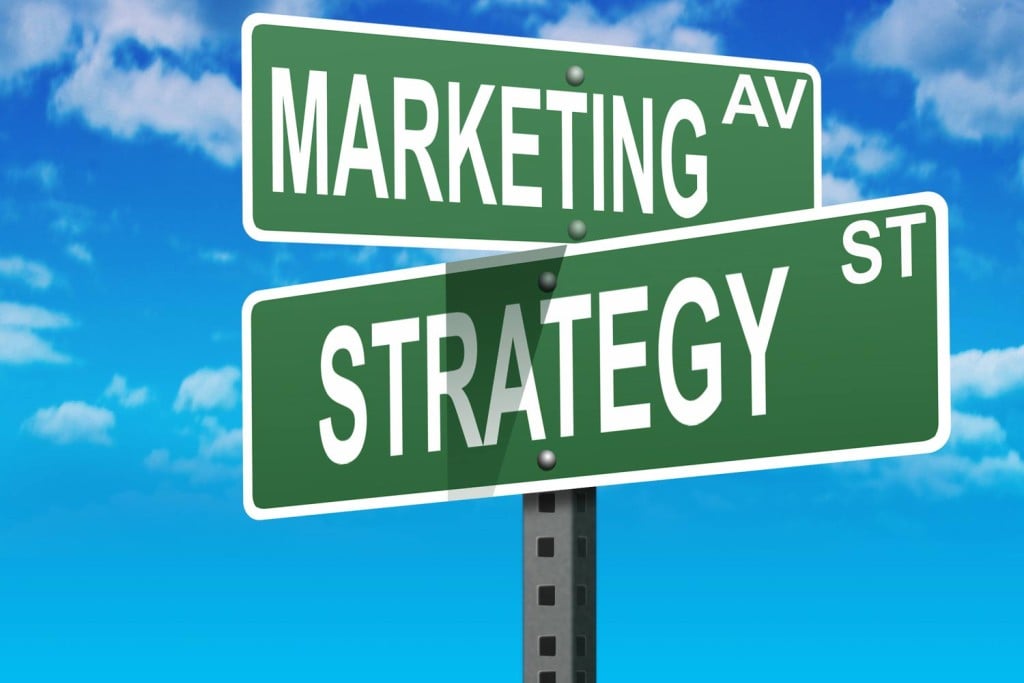Real estate marketing is as much about telling your story and setting yourself apart from other agents as it is about letting your audience know about your listings and closings. Your business is about relationship building, so your marketing program should reflect that fact.

Here are some marketing strategies that should to be a part of every real estate agent's business plan:
Increase your use of video. A growing number of homebuyers begin their search online and most are using smartphones to do so. Incorporate live stream videos, text videos and social media videos. Use these quick videos to build relationships by talking about you, the neighborhoods you are targeting and the community you work in. Talk about market conditions and other real estate topics, but also try out new restaurants, visit with business owners and take a walk through a new development. Do not, however, rely on your amateur footage to promote your listings. Quick walkthroughs can be fun, but leave the actual property marketing to the professional videographers.
Volunteer in your community. This may sound old school, but it still works and should be a part of every agent's marketing plan. Choose one or two organizations, then show up consistently. Be a conversation starter. One of the most common questions asked when getting to know other people is, "What line of work are you in?" Seek out opportunities to share your knowledge. Everyone in the organization should know you are a real estate agent, not just a handful of people.
Use only professional photos and videos for listings. While your smartphone is fine for quick relationship-building videos, your clients deserve professional photos and videos when it comes to marketing your listings. Look for pros who specialize in real estate. Depending on the listing, you may also want to consider having drone video done for an aerial view.
Consider a chat service. With most prospective homebuyers starting their search online, you want to be available to answer questions when they come to your website. But it's difficult to be available 24/7 and buyers go online any time of the day or night. Research by Inc. found over 90 percent of online visitors say they were satisfied with a live chat experience.
Be mobile friendly. Most people use their tablet or smart phone to access the Internet, so it's absolutely imperative that your website is mobile friendly, preferably by creating a mobile version of your site. If your brokerage doesn't provide one, you may want to look into development of a mobile app that allows users to search properties, but offers your contact information as the local agent to contact.
Target your email followups. Large email broadcasts are fine when you're distributing your newsletter or other general information, but you can be miles ahead if you use targeting email for prospects you've already talked with. For example, if you know a prospect is interested in smart home technology, send them a link to the latest information, along with some tips on vendors. Automated email campaigns serve a purpose, but they should still be augmented with more personalized messaging.
Offer an e-book. Use your blog content to create a guidebook for buyers or sellers. You can create a general guide as well as specialized versions on topics like how to stage a home, how to save for a down payment or steps in buying a house. You can also put together a community guide. Give your e-books away for free from your website in exchange for your web visitor's email and zip code.